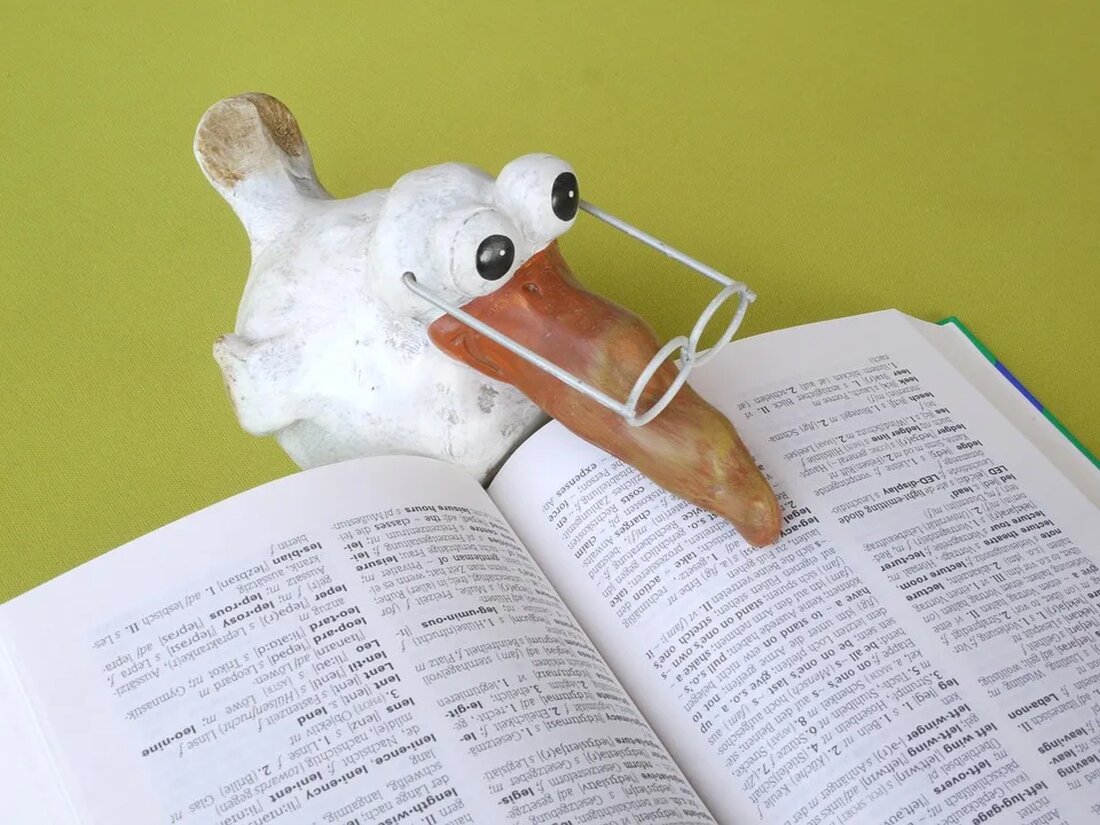Importance of microbes in animal digestion
Microorganisms, also called microbes, are invisible, microscopic life forms and they are everywhere: in the air, in the water, in the soil and last but not least in ourselves and in other animals. They play an essential role in various biological processes. In the specific context of digestion, its importance is immeasurable. This article aims to inform about the importance of microbes in animal digestion and to explain the complex interplay between these microbes, the animal's digestive system and the entire ecosystem. What are microbes and what do they do? Microbes are a diverse group of organisms that contain all types of...

Importance of microbes in animal digestion
Microorganisms, also called microbes, are invisible, microscopic life forms and they are everywhere: in the air, in the water, in the soil and last but not least in ourselves and in other animals. They play an essential role in various biological processes. In the specific context of digestion, its importance is immeasurable. This article aims to inform about the importance of microbes in animal digestion and to explain the complex interplay between these microbes, the animal's digestive system and the entire ecosystem.
What are microbes and what do they do?
Microbes are a diverse group of organisms that include all types of bacteria, protozoa, fungi, algae and various other types of life forms. They are the oldest life forms on Earth and are responsible for numerous biological processes, including digestion. In fact, many animals are unable to digest their food effectively without the help of microbes.
Microbes and digestion
The digestion process begins when animals eat food. This food contains a variety of nutrients, including proteins, fats, and carbohydrates, all of which must be broken down into smaller components to be absorbed by the body. This is where the microbes come into play. They help break down these nutrients so that the body can use them efficiently.
For example, many animals are unable to digest cellulose, an important component of plant cell walls. Instead, they rely on microbes to do this job. In the digestive tract, these microbes help break down cellulose into glucose, a simple form of sugar that is easily absorbed by the body. Without these microbes, many animals, especially herbivores, would have great difficulty digesting their food.
Examples of the microbe-digestive relationship in various animals
The relationship between microbes and digestion varies in different animal species. Some animals have a greater reliance on microbes for digestion than others, and the complexity of the microbial ecosystem in their gut can vary greatly.
ruminant
Ruminant animals, such as cows, sheep and goats, have a specialized digestive tract that allows them to live with a community of microbes that help them digest plant material effectively. Their stomach is divided into four main sections, the first of which, the rumen, serves as a fermentation vessel. The microbes that live in it help break down cellulose and other difficult-to-digest plant components.
Birds
Microbes also play an important role in digestion in birds. Birds have a specialized digestive system that includes a special organ called the crop, where microbes colonize and help break down the food material. In addition, a significant portion of digestive activity takes place in the intestines, where microbes also play an important role.
Rodents
Intestinal microbes also play an essential role in digestion in rodents such as mice, rats and rabbits. They help break down the plant-based diet and produce vitamins and other nutrients necessary for the animals. In some cases, these animals even practice coprophagy, that is, they eat their own feces to ensure that they absorb as many nutrients as possible from their food, as some nutrients cannot be absorbed until the second pass through the intestines.
The importance of microbes for animal health
Microbes also play a crucial role in the overall health of animals. They contribute not only to digestion, but also to immune modulation, protection against pathogens and energy homeostasis.
Immunomodulation
Animals' immune systems are closely linked to their digestive systems. In fact, an animal's intestines contain about 70% of the body's total immune cells. Gut microbes are significantly involved in the development and modulation of the immune system. They help strengthen the immune response against pathogens and prevent allergies and autoimmune diseases.
pathogen defense
Gut microbes also help protect animals from pathogens. They compete with pathogens for nutrients and habitat and can even produce bioactive compounds that kill pathogens or inhibit their growth.
Energy homeostasis
Gut microbes are also important for the animal's energy homeostasis. They help break down nutrients and convert them into energy. In addition, they can produce short chain fatty acids, which serve as a source of energy for intestinal cells and contribute to overall intestinal health.
conclusion
The importance of microbes in animal digestion cannot be overstated. They are crucial for breaking down food components that the animal cannot digest itself and contribute significantly to the animal's health and well-being. Given their important role, optimal animal health requires a balanced microbial ecosystem. Further research in this area could provide new insights into how we can optimally support animals' microbial communities and thus improve their health and well-being.

 Suche
Suche
 Mein Konto
Mein Konto
